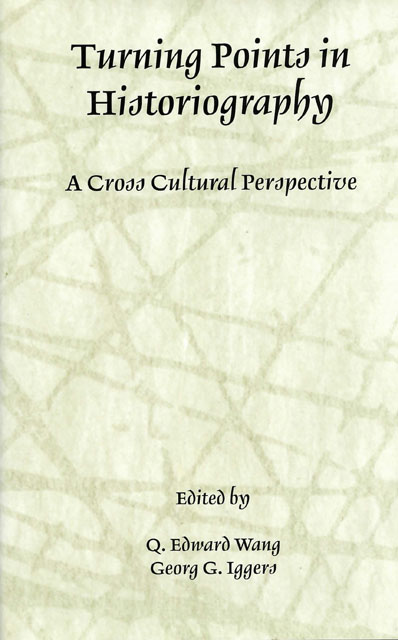Book contents
11 - Nationalism and African Historiography
Published online by Cambridge University Press: 29 February 2024
Summary
The foundation for the turning points in writing about Africa was laid as far back as the fifteenth century. As the fifteenth century was about to close, Europeans began to ensure contacts with Africa. A century later, the primary motivation in the contact had become the trans-Atlantic slave trade. This trade was abolished in the nineteenth century, only to be replaced by the trade in raw materials. In the last quarter of the nineteenth century, commercial relations gave way to direct territorial control as Africa was partitioned by aggressive European powers. New countries emerged, under colonial control for most of the first half of the twentieth century. The struggles for independence were the most intense expression of nationalism by Africans during the twentieth century, a practical and intellectual response to imperialism. All these events affected the emergence of African historiography and historical thinking about Africa in the following interrelated manner:
1. The slave trade promoted and consolidated a feeling of racial superiority to Africans. Treated as inhuman, Africans were presented as people without civilization and capacity to think. Older stereotypes were reinforced, in addition to new ones that arose out of racism.
2. Racism promoted an arrogant desire to spread civilization to Africa, in a way that further “infantilized” Africans.
3. Christian missionary enterprise was invigorated during the nineteenth century, leading to the spread of Christianity, Western education, and the rise of new elite.
4. In trying to justify imperialism, a number of scholaradministrators created a “colonial library,” which combined racism with arrogance to present Africa in a most demeaning manner.
5. As an African educated elite emerged, they began to use their education in a nationalistic manner to confront the negative presentation of their continent and people. They revisited the past, to draw from history and traditions to create an identity and self-assertion, and to blend with contemporary changes to create the idea of progress. Africans have had to struggle to create their own authentic past, to present their tradition and culture to a wider world, and to use the past to fashion an identity and build hope during the eras both of colonial domination and of postcolonial failures.
6. The emergence of academic history writing about Africa was against the background of the “colonial library” and the need to respond to all the negative attacks on Africa.
- Type
- Chapter
- Information
- Turning Points in HistoriographyA Cross-Cultural Perspective, pp. 209 - 236Publisher: Boydell & BrewerPrint publication year: 2001

